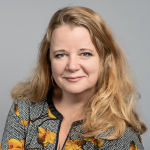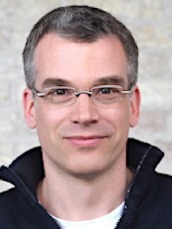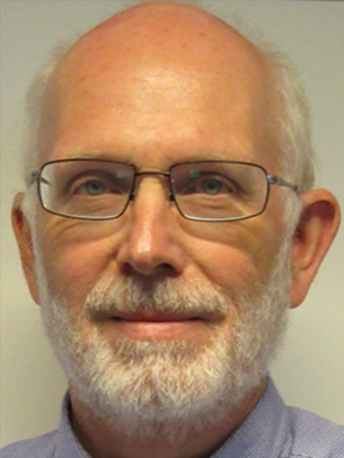Dutch Research Agenda
The Dutch Research Council (NWO) has been commissioned by the Ministry of Education, Culture and Science to fund research in the framework of the Dutch Research Agenda (NWA: Nationale Wetenschapsagenda). The NWA aims to deliver a positive and structural contribution to the global knowledge society of the future, in which researchers’ knowledge can be easily accessed by others and in which questions from practice can be quickly and naturally addressed by new research with the aim of solving societal issues. In the annual funding round of the NWA-ORC (Onderzoek op Routes door Consortia; research on pathways by consortia), consortia can submit applications that collectively express the breadth and innovative character of the Dutch Research Agenda.
Read more about the NWA-ORC.
The UG and the Dutch Research Agenda

At the UG, several consortia conduct their research with funding from the NWA-ORC. Prof. Moniek Tromp, for example, is one of the five initiators of the BatteryNL consortium on behalf of the University of Groningen. The aim of the project is to develop the next generation of batteries that perform better, and are safer and more environmentally friendly within eight years. Drawing on unique expertise, the consortium will research and improve the heart of these coveted batteries - the electrode-electrolyte interface - using scalable technologies.
BatteryNL consists of experts, small companies, multinationals and civil society organizations, paving the way for Dutch parties to play a pivotal role in the development of future battery technology. The NWA has allocated 9.3 million for the research.

Prof. Matthias Heinemann (Groningen Biomolecular Sciences and Biotechnology Institute, GBB) is the coordinator of another consortium that is using NWA-ORC funds to research the boundaries of cell growth. The interdisciplinary consortium of chemists, biologists, and physicists that he coordinates is conducting research on the boundaries of cell growth. This knowledge will be important to solve countless societal challenges. Dutch citizens are being involved in the research through innovative science communication, partly developed by artists, media designers, and scientists. The Dutch Research Agenda (NWA) has awarded €1.8 million to this research.

Prof dr Lambert Schomaker (ALICE institute) is the coordinator of the consort that works on the HAICu-project. This project combines the skill of AI and Digital Humanities researchers, heritage professionals, and interested citizens who work together to achieve scientific breakthroughs in order to open up, link, and analyse large-scale digital heritage collections. The exceptional challenges raised by cultural heritage offer a unique opportunity to broaden the horizons of AI. Future technologies must be easy to use outside the laboratory, learn from as few examples as possible, and continuously learn from the users. These technologies must take into account the societal demand for responsible and explainable methods for creating multimodal narratives around our cultural heritage that reach further than the current large-scale language models.
